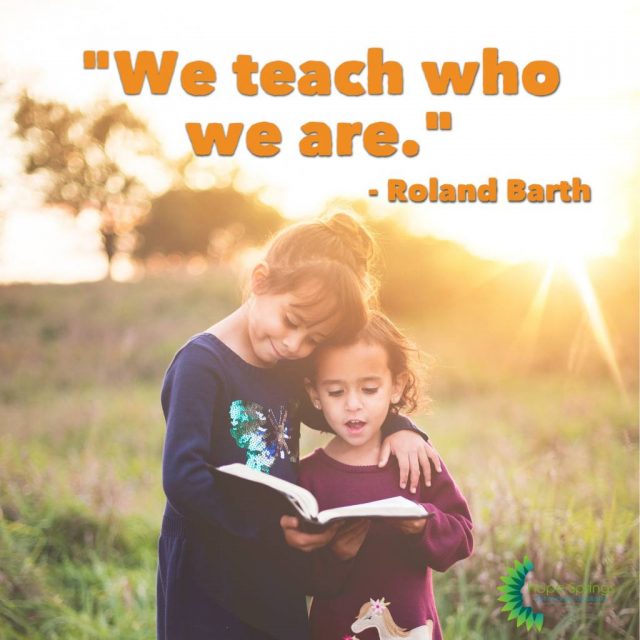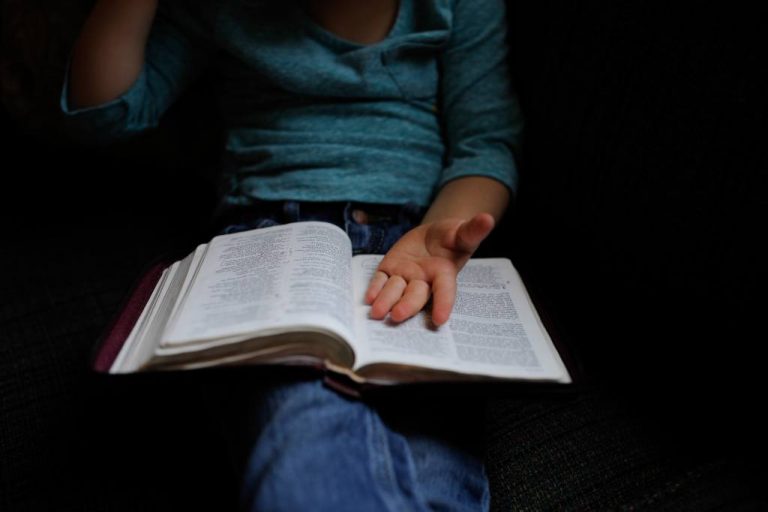
So, you and your child completed the very long process a Dyslexia evaluation and diagnosis. You take a deep breath, and then realize, “What do I do now?”
If you or someone you love is in this situation, you are not alone. Not only is obtaining an accurate diagnosis a difficult one, but helping your child afterwards can also be difficult. Many parents experience panic, frustration, and bewilderment after their child’s Dyslexia diagnosis. You may feel like you are now need to be your child’s parent, special education teacher, advocate, attorney, and counselor. That is a lot for any parent to do.
Unfortunately, to some degree, you will have to lead the educational planning and care for your child with Dyslexia.
Often, students with Dyslexia are missed in our education system. According to recent research by National Assessment of Educational Progress (NAEP), also known as “The Nation’s Report Card,” only 34% of fourth graders read at a “proficient” level. That is a tragic statistic.
Here are some more troubling statistics and pieces of information:
Seven out of 10 parents, educators and members of the public incorrectly link learning disabilities with intellectual disability and autism. Half or more of our nation’s school administrators believe this as well.
Up to 20 percent of people in our country have Dyslexia, but only 13 percent of children have an IEP for any reason. In Iowa, only 9 percent of children are served on an IEP for Learning Disabilities (of any kind).
Official Definition of Dyslexia
Dyslexia is a specific learning disability that is neurobiological in origin. It is characterized by difficulties with accurate and/or fluent word recognition and by poor spelling and decoding abilities. These difficulties typically result from a deficit in the phonological component of language that is often unexpected in relation to other cognitive abilities and the provision of effective classroom instruction. Secondary consequences may include problems in reading comprehension and reduced reading experience that can impede growth of vocabulary and background knowledge.
International Dyslexia Association
What Dyslexia Is

The Signs of Dyslexia
The problems displayed by individuals with this condition involve difficulties in acquiring, processing, and using written language, such as:
- Learning to speak
- Learning letters and their sounds
- Organizing written and spoken language
- Memorizing number facts
- Reading quickly enough to comprehend
- Persisting with and comprehending longer reading assignments
- Spelling
- Learning a foreign language
- Correctly doing math operations
Not all students who have difficulties with these skills have dyslexia. Formal testing of reading, language, and writing skills by a specialist is the only way to confirm a diagnosis.
How Dyslexia Is Treated

Dyslexia is a lifelong condition. With proper help, many people with this condition can learn to read and write well. Early identification and treatment is the key to helping individuals with dyslexia achieve in school and in life.
Most people with learning disabilities in reading need help from a teacher, tutor, or therapist specially trained in using a multisensory, structured language approach, such as Orton Gillingham, Lindamood Bell, Wilson, or Barton. Effective teaching includes a system that involves several senses (hearing, seeing, touching) at the same time.
Also, most individuals with dyslexia need one-on-one help so that they can move forward at their own pace. In addition, students with dyslexia often need a great deal of structured practice and immediate, out-loud, corrective feedback to develop automatic word recognition skills. They will not learn well from a “sight word” approach.
Students often need help with emotional issues that sometimes arise because of difficulties in school. Psychologists and therapists can help students, and their families, cope with the struggles that co-occur with learning disabilities.
What Can My Child’s School Do?

The Individuals with Disabilities Education Act 2004 (IDEA), Section 504 of the Rehabilitation Act of 1973, and the Americans with Disabilities Act (ADA) define the rights of students with dyslexia and other specific learning disabilities.
Recently (2017), according to the Decoding Dyslexia of Iowa website, the Iowa Department of Education has issued guidance to AEA’s regarding eligibility for IEP’s. Schools cannot refuse IEP services to students if they are not “discrepant” from their peers on measures of standardized assessments. These recommendations were the result a recent Iowa Supreme Court case (2017). You can read the case law here.
Rehabilitation Act of 1973 Section 504
Also, the Rehabilitation Act of 1973 Section 504 prohibits discrimination that is based upon a disability. Section 504 requires that a child who has a legal diagnosis and is attending either an elementary or secondary school is entitled to accommodations that will ensure their success academically. A 504 plan for those with those with learning disabilities in reading is specifically for those in general education and who do not qualify for special education services.
Students with Dyslexia can legally receive special services for their learning problems. Such services include education programs designed to meet the needs of these students. The Acts also protect people with dyslexia against unfair and illegal discrimination.
For an article on 504 accommodations please read this article by the Orton Gillingham Academy.
Important Resources for Parents of Children with Dyslexia
There can be a lot of learning involved for parents of children with Dyslexia! To help with that process, I included some very helpful resources below.
A to Z phonics – This website contains many tools to teach (and learn) phonics. It also contains decodable reader that can also help students learn phonics patterns more easily.
Lexercise – This website is a link to online-face-to-face tutoring for children with Dyslexia using an Orton-Gillingham approach.
Decoding Dyslexia “This group is a network of parent-led grassroots movements across the country concerned with the limited access to educational interventions for dyslexia within the public education system. We aim to raise dyslexia awareness, empower families to support their children and inform policy-makers on best practices to identify, remediate and support students with dyslexia.” They are truly amazing women, and every person owes them a debt of gratitude for their hard work and sacrifices.
Decoding Dyslexia Iowa – The local group for Decoding Dyslexia. These women are true leaders for our state, and I am so grateful for their work. They advocate for better state laws for Dyslexia in Iowa, and have a yearly conference.
Dyslexia Training Institute – Dyslexia Training Institute’s mission is “to provide education about dyslexia, interventions (Orton-Gillingham), as well as how to navigate the educational system by understanding Special Education Law.” A very helpful resource for parents and teachers with virtual classes and trainings.
Florida Center for Reading Research. The Florida Center for Reading Research (FCRR) is a multidisciplinary research center. It explores reading research: “basic research into literacy-related skills for typically developing readers and those who struggle, studies of effective prevention and intervention, and psychometric work on formative assessment.”
International Dyslexia Association The International Dyslexia Association (IDA) is a non-profit education and advocacy organization devoted to these issues. Their website is fantastic. It contains information, evidence-based research, materials, hand-outs and resources.
Iowa Reading Research Center – “The Iowa Reading Research Center strives to improve the literacy skills of all students. We provide guidance for literacy instruction in schools by conducting research in practical settings to evaluate the effectiveness of literacy practices.” They also have a number of helpful web resources for parents and educators.
National Center for Improving Literacy – is a partnership among literacy experts, university researchers, and technical assistance providers, with funding from the United States Department of Education.
Preventing Academic Failure (PAF) – Preventing Academic Failure (PAF) is an early intervention program for teaching reading, spelling, and handwriting for groups of children in grades K-3. It prevents or addresses reading failure in learning disabled and struggling readers. This website includes free downloadable materials for parents and teachers to review.
Say Dyslexia A personalized narrative. “We are parents. Our children have DYSLEXIA. These are our voices. These are our stories.”
Understood. Understood is a website where15 nonprofit organizations support parents of children with learning and attention issues. They provide technology, personalized resources, access to experts, a secure online community, practical tips and more.
And here is a great video to watch and learn more about this condition. It can also be shared with teachers, administrators, tutors, and other professionals involved in your care.
See also the following articles:
![]()
